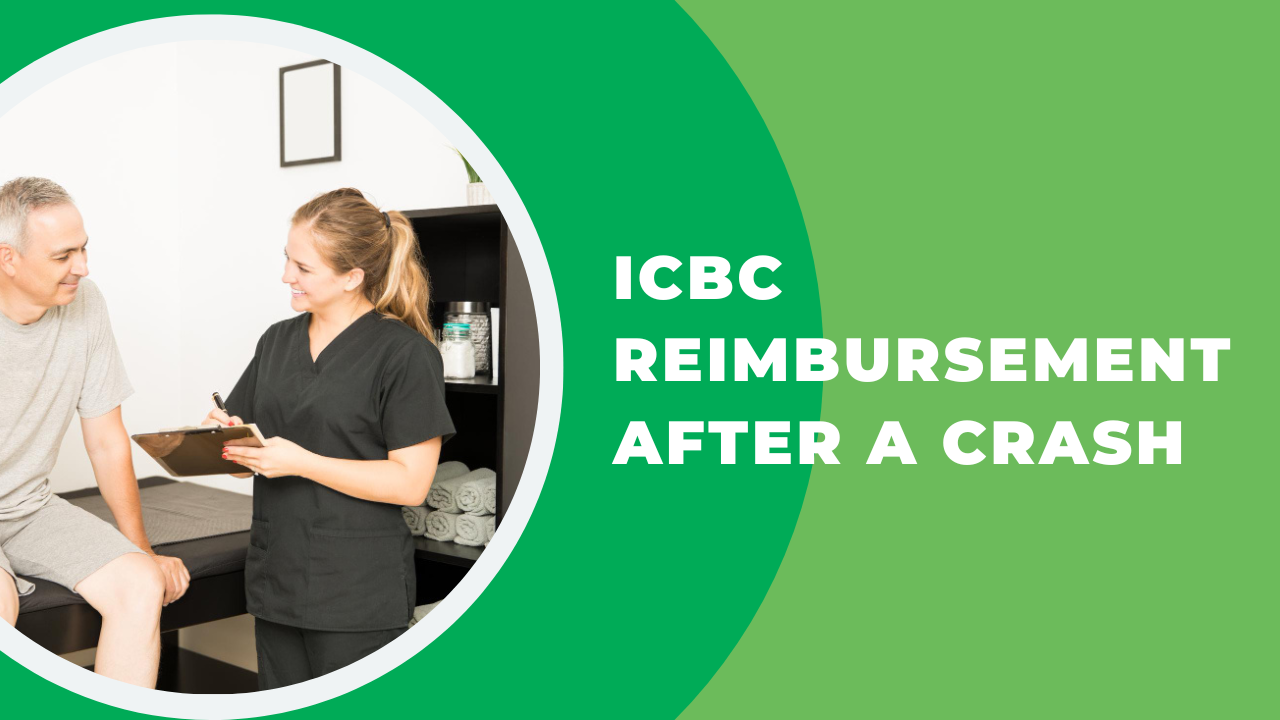Motor vehicle accidents (MVA) can result in injuries that require physical rehabilitation.
Motor Vehicle Accident (MVA) rehabilitation may treat a wide range of injuries, such as:
- Whiplash: A common injury that occurs when the head and neck are suddenly jerked forward and then backward, such as in a rear-end collision. Symptoms of whiplash can include neck pain, headaches, and stiffness.
- Traumatic brain injuries: A traumatic brain injury (TBI) can occur when the head is struck or hit during a car collision. Symptoms of a TBI can include confusion, dizziness, headaches, and memory loss.
- Fractures: Bones can be broken or fractured in a car collision, particularly in the legs, arms, and ribs. Symptoms of a fracture can include severe pain, swelling, and difficulty moving the affected limb.
- Soft tissue injuries: Soft tissue injuries, such as sprains and strains, can occur when the muscles, tendons, and ligaments are stretched or torn during a car collision. Symptoms of a soft tissue injury can include pain, swelling, and difficulty moving the affected area.
- Spinal cord injuries: Spinal cord injuries can occur when the spinal cord is damaged during a car collision. Symptoms of a spinal cord injury can include loss of feeling or movement in the arms or legs, as well as difficulty breathing or swallowing.
Physical rehabilitation following an MVA typically includes a range of services such as physiotherapy, active rehabilitation (kinesiology), and chiropractic care. These services are intended to help individuals regain their physical function and independence, and may include exercises to improve strength, flexibility, and range of motion, as well as manual techniques to manage pain.
In order to receive coverage for physical rehabilitation services, individuals must first submit a claim to ICBC. This claim should include documentation of the individual’s injuries, as well as documentation of the physical rehabilitation services that have been received or are being requested. ICBC will then review the claim and determine the level of coverage that will be provided.
What Do You Need To Make An ICBC Claim?
- Start by reporting your claim to ICBC
- See a health care provider of your choice
- The provider bills ICBC directly for the treatment cost
- The provider assesses injuries and creates a treatment plan
- You receive the treatment, recover, and return to normal activities
Getting ICBC-approved Treatment After A Crash
The Enhanced Accident Benefits program does not require you to wait for a support and recovery specialist to contact you before receiving treatment. Within the first 12 weeks after a crash, you are eligible to receive treatment from any of the listed healthcare professionals without a doctor’s referral. Be sure to have your ICBC claim number with you when you seek treatment.
| Type of practitioner: | Number of approved treatments: | Standard treatment fees covered by ICBC (treatment date between April 1, 2022 and March 31, 2023): |
| Physiotherapist | 25 | $84 |
| Chiropractor | 25 | $56 |
| Registered massage therapist | 12 | $85 |
| Kinesiologist | 12 | $83 |
| Psychologist | 12 | $207 |
| Clinical counsellor | 12 | $127 |
| Acupuncturist | 12 | $94 |
The information above is taken from the ICBC website and may be updated over time.
ICBC Longer Coverage
It may take longer to recover from a crash and you might need additional treatment beyond 12 weeks. Upon determining that your treatment plan needs to be extended, your healthcare provider will submit an additional treatment plan to your support and recovery specialist that details the new treatments.
In some cases, individuals may also have private insurance that can be used to cover the cost of physical rehabilitation services following an MVA. Private insurance policies may have different coverage limits and requirements than ICBC so it is important for individuals to understand the terms and conditions of their policy before seeking treatment. For example, some private insurance policies may require a referral from a physician or have limits on the number of physical therapy sessions in order to receive coverage for physical rehabilitation services, while others may not.
You may have to pay for physical rehabilitation services upfront and then submit the claim for reimbursement if you wish to claim them through private insurance. You should check with your insurance provider regarding their reimbursement and claim policy before submitting a claim.
An individual may be able to recover the cost of their physical rehabilitation services if their injuries were caused by someone else by filing a personal injury claim. The private insurance claims are separate from this.
A thorough and genuine personal commitment to healing is a strategy that will help you regain your freedom and athletic ability. Let us help you; call us at 1-778-771-3040!



